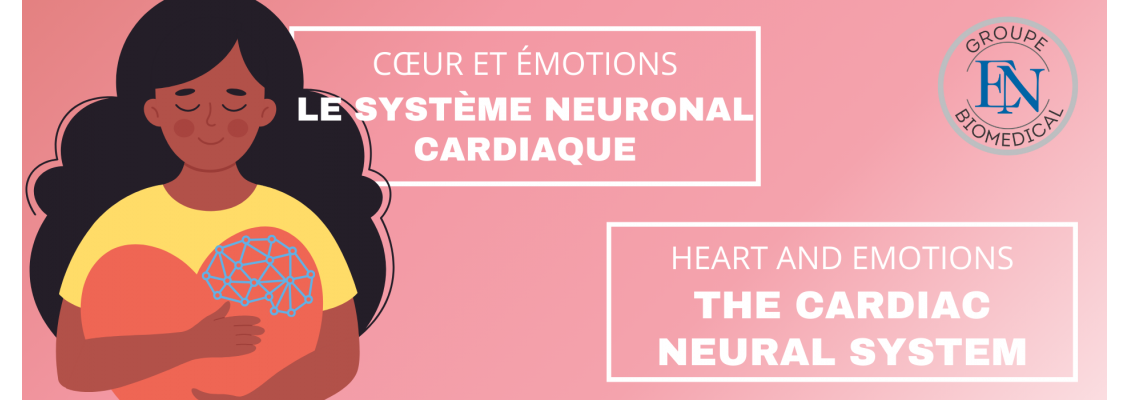
The heart, often perceived as the center of love and emotion, holds a
fascinating secret: it possesses its own neural system, akin to a
"mini-brain." This intricate network, comprised of thousands of
neurons similar to those in the human brain, is situated around the heart,
particularly in the region of the sinoatrial node, the heart's natural
pacemaker.
This unique neural system primarily functions to regulate the frequency
and strength of heartbeats. It acts as an advanced processing center, receiving
and interpreting information from the central nervous system. In response to
these inputs, it precisely adjusts cardiac functions, ensuring the heart
adequately meets the varying demands of our body. For instance, during physical
exercise, this system increases the heart rate to supply more blood and oxygen
to active muscles.
Love: A Sensation Beyond Feeling
The connection between the heart and emotions, especially the feeling of
love, is both intriguing and profound. The heart's neural system, highly
sensitive to stress hormones and emotional signals, plays a key role in this
dynamic. When we experience love, be it romantic affection, familial love, or
deep friendship, our heart physically reacts to these emotions.
Love triggers the release of various hormones, such as oxytocin, often
termed the "love hormone," and dopamine, a neurotransmitter
associated with pleasure and reward. These chemicals directly impact the
heart's neural system, causing reactions like increased heart rate or more
forceful heartbeats. These are physical manifestations of feelings of love and
connection.
Moreover, when we are in love or feel a strong emotional connection with
someone, our heart can literally "sync up" with that person's heart.
This cardiac synchronization, where heart rhythms align, is a remarkable
phenomenon that strengthens the sense of unity and intimacy.
This sensitivity of the heart to emotions of love underscores its role
not only as a vital organ for blood circulation but also as a central element
in our emotional experience. The palpitations or accelerated heart rate we feel
in moments of intense affection are not mere poetic metaphors but real
physiological responses to one of the deepest human feelings.
Maintaining the Health of the Cardiac Neural System
Maintaining the health of the cardiac neural system requires a
comprehensive approach that encompasses various aspects of our lifestyle.
Starting with regular physical activity is fundamental. Exercise, by
strengthening the heart's muscles, also helps improve neural communication.
Whether it's running, cycling, swimming, or brisk walking, cardiovascular
activity plays a crucial role in maintaining cardiac strength and efficiency.
Parallel practices such as meditation, yoga, or deep breathing can
significantly reduce stress. These techniques promote a state of relaxation,
lower stress hormone levels, and contribute to an overall balance in the body.
Reducing stress allows the heart's neural system to function more efficiently,
shielded from the detrimental effects of a stressful environment.
A balanced diet, rich in fruits, vegetables, whole grains, and omega-3
fatty acids, directly supports cardiac and neural health. Omega-3s, in
particular, are essential for maintaining the integrity of neural membranes,
thus facilitating effective cell communication.
Sleep, often underrated, is a crucial component of this health regimen.
Quality sleep allows the body to rest and repair, giving the heart a
well-deserved break and contributing to neural regeneration. Aiming for 7 to 8
hours of sleep per night is an ideal goal for most adults.
To complement these beneficial practices for heart health, adding
natural products like Morpheus and Karden can prove extremely useful. Morpheus,
specifically designed to address sleep issues, contributes to better rest
quality, essential for cardiac health. In contrast, Karden directly targets
cardiac irregularities, offering specialized support for the heart's proper
functioning.
This journey through the heart and its neurons invites us to rethink our
relationship with this vital organ, recognizing its central role not only in
our physical survival but also in our capacity to live and share love. By
caring for our heart in all possible ways, we cultivate not just our health but
also our ability to connect, feel, and love fully.

